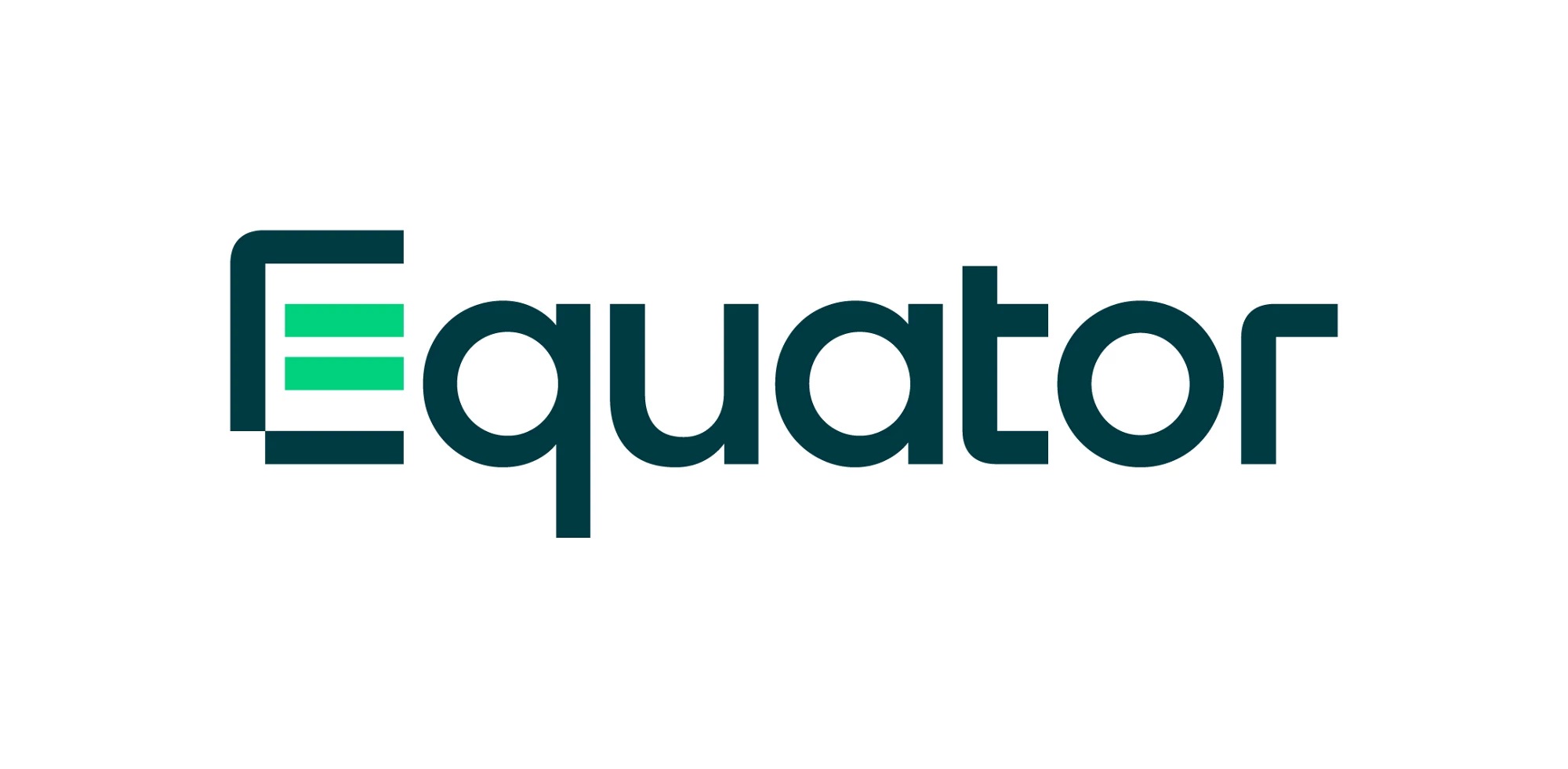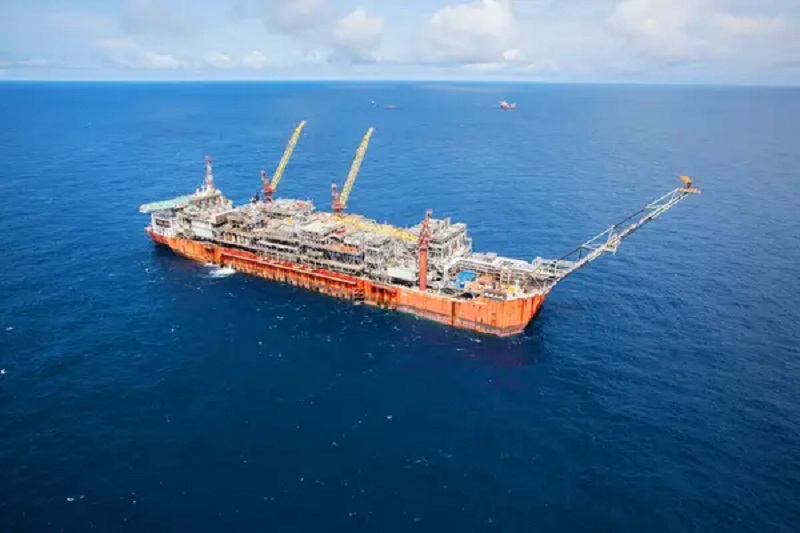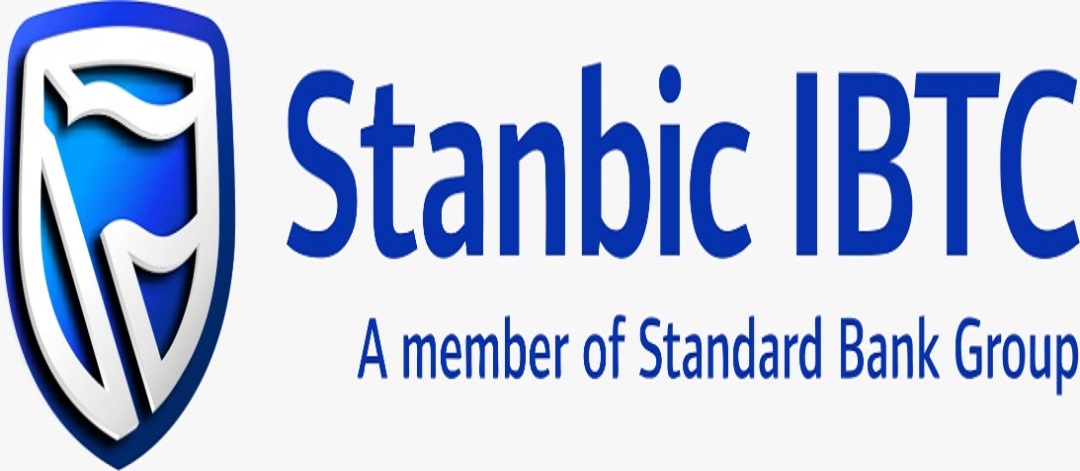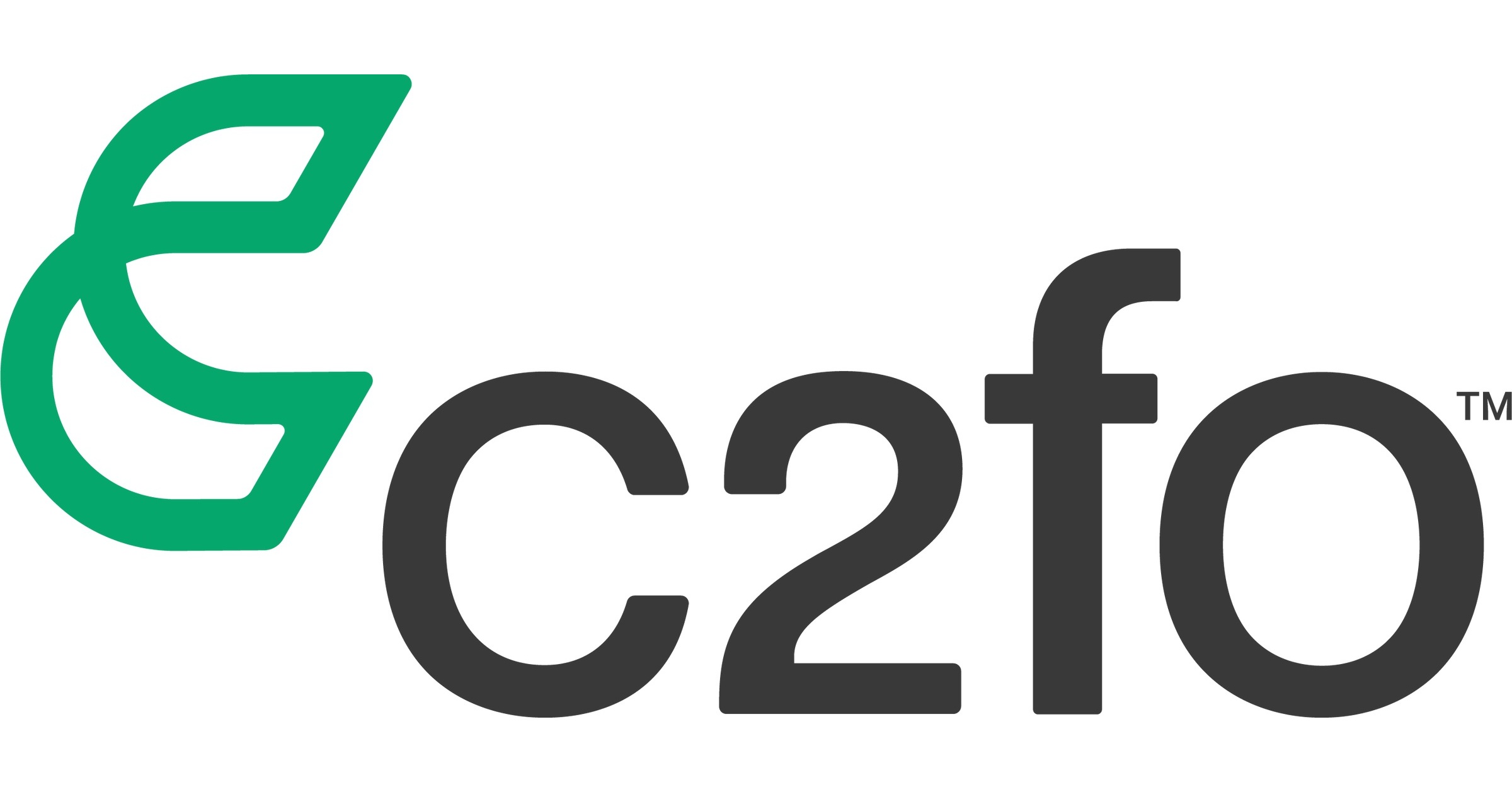Economy
IFC Invests $5m in Equator Fund to Drive Climate Tech Financing in Africa

By Adedapo Adesanya
The International Finance Corporation (IFC) has announced a $5 million investment in the larger $54 million pool of Equator Africa Fund I, as part of its drive to bridge the persistent financing gaps that exist in Africa for climate tech innovation.
This marks its first-ever investment in a venture capital fund entirely focused on supporting businesses and innovation in the climate sector.
Equator Africa is backing early-stage, tech-enabled companies in sub-Saharan Africa, including those working on green solutions in the energy, agriculture, and mobility sectors. The fund achieved a first close of $40 million in April 2023.
Africa is the continent most vulnerable to the effects of climate change but also stands to benefit from sustainable solutions delivered by up-and-coming tech companies. The fund’s primary geographic focus is expected to be Kenya and Nigeria, but it has invested in companies with operations across the continent, including in Côte D’Ivoire, Ghana, Madagascar, Senegal, Sierra Leone, South Africa and Zambia.
IFC’s investment is supported by a $1.5 million guarantee from the Korea Green Resilient and Innovative Development (K-GRID) Programme, a $30 million initiative by the Government of Korea to support IFC projects that help reduce or avoid greenhouse gas emissions and facilitate the development and commercialization of technologies to improve climate mitigation.
IFC’s investment in Equator was made through its new $225 million Africa, Middle East, Central Asia, and Pakistan Venture Capital Platform which seeks to strengthen venture capital ecosystems and invest in early-stage companies addressing development challenges through technological innovations in climate, health care, education, agriculture, e-commerce, and other sectors.
Speaking on the funding, Mr Nijhad Jamal, Managing Partner at Equator, said, “We are thrilled to have IFC participate in our fund and support Equator’s mandate to invest in technology-enabled, early-stage ventures that are accelerating an equitable climate transition in sub-Saharan Africa. Together we hope to address a critical financing gap for Seed and Series A-stage climate-tech companies as they scale in the region.”
Adding his input, Mr Farid Fezoua, IFC’s Global Director for Disruptive Technologies, Services, and Funds, said, “Climate tech is an exciting area of innovation and impact in Africa, where businesses are helping economies grow while reducing emissions and resource use. IFC’s investment in Equator Africa reflects our commitment to supporting those businesses to deliver solutions, from renewable energy to electric vehicles.”
The fund has already invested in six companies including SunCulture, which provides solar-powered energy and irrigation systems to farmers; Roam, which designs and develops EV motorbikes and electric buses; Odyssey, a data and tech platform for investment and asset management for distributed renewable energy infrastructure; Apollo Agriculture, which provides input financing and advisory services to smallholder farmers; Ibisa, which provides parametric insurance products for climate risks; and Downforce Technologies, which makes soil organic carbon measurement technology accessible and affordable.
Other notable limited partners in the fund include British International Investment (BII), the Global Energy Alliance for People and Planet (GEAPP), Shell Foundation, DOEN Participaties, and Proparco.
In addition to capital, IFC is also expected to provide support around environmental and social governance and gender.
Economy
Presco, GTCO List Additional Shares on Stock Exchange

By Aduragbemi Omiyale
The duo of Presco Plc and Guaranty Trust Holding Company (GTCO) Plc has listed additional shares on the Nigerian Exchange (NGX) Limited.
The extra equities of these two publicly-listed organisations were admitted to the local stock exchange last Friday, increasing their respective total issued and fully paid-up shares.
For Presco, it listed fresh 166,666,667 ordinary shares of 50 Kobo each on the daily official list of the NGX on Friday, January 30, 2026, increasing its total issued and fully paid-up stocks from 1,000,000,000 units to 1,166,666,667 units.
The additional equities were from the rights issue of the firm allotted to shareholders on the basis of one new share for every existing six ordinary shares held as at close of business on Monday, October 13, 2025.
In a circular issued over the weekend, the NGX said, “Trading licence holders are hereby notified that additional 166,666,667 ordinary shares of 50 Kobo each of Presco Plc were on Friday, January 30, 2026, listed on the daily official list of Nigerian Exchange (NGX) Limited (NGX).
“The additional shares arose from the company’s rights issue of 166,666,667 ordinary shares of 50 Kobo each at N1,420.00 per share on the basis of one new share for every existing six ordinary shares held as at close of business on Monday, October 13, 2025.
“With the listing of the additional 166,666,667 ordinary shares, the total issued and fully paid-up shares of Presco Plc has now increased from 1,000,000,000 to 1,166,666,667 ordinary shares of 50 Kobo each.”
As for GTCO, it listed additional125,000,000 ordinary shares of 50 Kobo each at N80.00 per unit offered through private placement.
The fresh equities taken to Customs Street have raised the total issued and fully paid-up shares of GTCO from 36,425,229,514 to 36,550,229,514 ordinary shares of 50 Kobo each.
Economy
FG, States, Local Councils Share N1.969trn FAAC Allocation

By Adedapo Adesanya
A total of N1.969 trillion was shared to the federal government, the 36 state governments and the 774 local government councils from the gross revenue of N2.585 trillion generated by the nation in December 2025.
The money was disbursed to the three tiers of government at the January 2026 Federation Account Allocation Committee (FAAC) meeting held in Abuja.
In a statement issued on Monday by the Director of Press and Public Relations in the Office of the Accountant-General of the Federation (OAGF), Mr Bawa Mokwa, it was stated that the FAAC allocation comprised statutory revenue of N1.084 trillion, distributable Value Added Tax (VAT) revenue of N846.507 billion, and Electronic Money Transfer Levy (EMTL) revenue of N38.110 billion.
“Total deduction for cost of collection was N104.697 billion, while total transfers, refunds, and savings were N511.585 billion,” the statement partly read.
It was also revealed that from the N1.969 trillion total distributable revenue, the federal Government received the sum of N653.500 billion, and the state governments received N706.469 billion, the local government councils received N513.272 billion, and the sum of N96.083 billion was shared with the benefiting state as 13 per cent derivation revenue.
He said of the N1.084 trillion distributable statutory revenue, the central government received N520.807 billion, the state governments got N264.160 billion, the local councils were given N203.656 billion, and N96.083 billion was shared to the benefiting states as 13 per cent derivation revenue.
FAAC noted that from the N846.507 billion distributable VAT earnings, the federal government got N126.976 billion, the state governments received N423.254 billion, and the local government councils got N296.277 billion.
From the revenue from EMTL, Mr Mokwa explained that the national government was given N5.717 billion, the state governments got N19.055 billion, and the councils collected N13.338 billion.
He added that the companies’ Income Tax (CIT)/CGT and STD, Import Duty and Value Added Tax (VAT) increased significantly in December, while oil and gas royalty, CET levies and fees increase marginally, with excise duty, Petroleum Profit Tax (PPT)/Hydrocarbon Tax (HT), and EMTL considerably down.
Economy
Oil Exports to Drop as Shell Commences Maintenance on Bonga FPSO

By Adedapo Adesanya
Nigeria’s oil exports will drop in February following the shutdown of the Bonga Floating Production Storage and Offloading (FPSO) vessel scheduled for turnaround maintenance.
Shell Nigeria Exploration and Production Company (SNEPCo) Limited confirmed the development in a statement issued, adding that gas output will also decline during the maintenance period.
This comes as SNEPCo begun turnaround maintenance on the Bonga FPSO, the statement signed by its Communications Manager, Mrs Gladys Afam-Anadu, said, describing the exercise as a statutory integrity assurance programme designed to extend the facility’s operational lifespan.
SNEPCo Managing Director, Mr Ronald Adams, said the maintenance would ensure safe, efficient operations for another 15 years.
“The scheduled maintenance is designed to reduce unplanned deferments and strengthen the asset’s overall resilience.
“We expect to resume operations in March following completion of the turnaround,” he said.
Mr Adams said the scope included inspections, certification, regulatory checks, integrity upgrades, engineering modifications and subsea assurance activities.
“The FPSO, about 120 kilometres offshore in over 1,000 metres of water, can produce 225,000 barrels of oil daily.
“It also produces 150 million standard cubic feet of gas per day,” he said.
He said maintaining the facility was critical to Nigeria’s production stability, energy security and revenue objectives.
Mr Adams noted that the 2024 Final Investment Decision on Bonga North increased the importance of the FPSO’s reliability. He said the turnaround would prepare the facility for additional volumes from the Bonga North subsea tie-back project.
According to him, the last turnaround maintenance was conducted in October 2022.
“On February 1, 2023, the asset produced its one billionth barrel since operations began in 2005,” Mr Adams said.
SNEPCo operates the Bonga field in partnership with Esso Exploration and Production Nigeria (Deepwater) Limited and Nigerian Agip Exploration Limited, under a Production Sharing Contract with the Nigerian National Petroleum Company (NNPC) Limited.
The last turnaround maintenance activity on the FPSO took place in October 2022. On February 1, the following year, the asset delivered its 1 billionth barrel of oil since production commenced in 2005.
-

 Feature/OPED6 years ago
Feature/OPED6 years agoDavos was Different this year
-
Travel/Tourism9 years ago
Lagos Seals Western Lodge Hotel In Ikorodu
-

 Showbiz3 years ago
Showbiz3 years agoEstranged Lover Releases Videos of Empress Njamah Bathing
-

 Banking8 years ago
Banking8 years agoSort Codes of GTBank Branches in Nigeria
-

 Economy3 years ago
Economy3 years agoSubsidy Removal: CNG at N130 Per Litre Cheaper Than Petrol—IPMAN
-

 Banking3 years ago
Banking3 years agoSort Codes of UBA Branches in Nigeria
-

 Banking3 years ago
Banking3 years agoFirst Bank Announces Planned Downtime
-

 Sports3 years ago
Sports3 years agoHighest Paid Nigerian Footballer – How Much Do Nigerian Footballers Earn

















